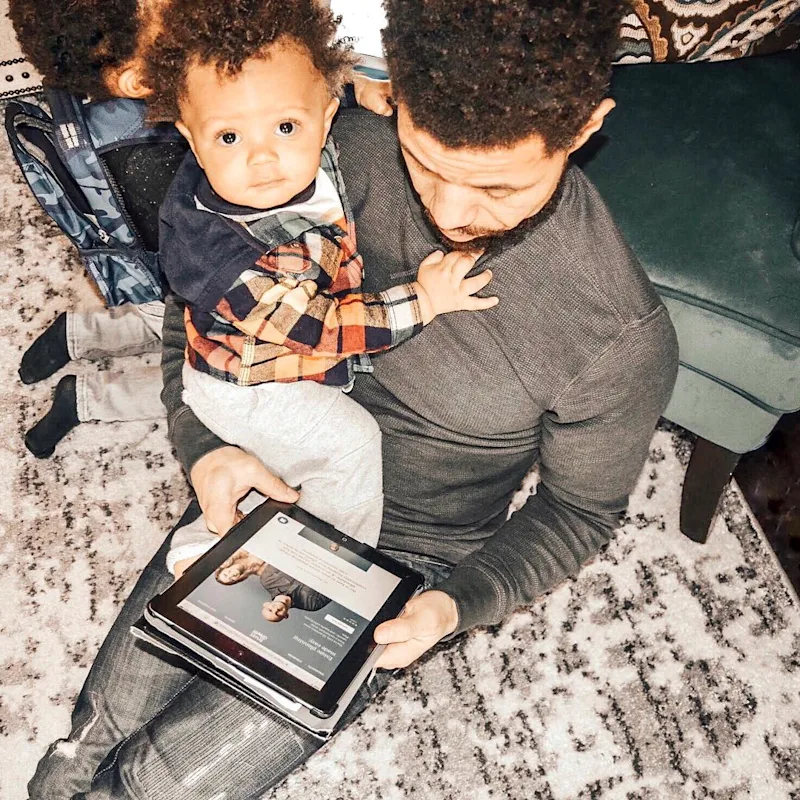
6 Steps to Start Your End of Life Plan
Writing a will is the first step. Here’s how to finish your end of life plan and the most important things to keep in mind when doing so.

By Staff Writer
Trust & Will
[Created in Partnership with Lantern]
Most of us are aware we need an end-of-life plan. But few know what a full end-of-life plan really is or what it entails. It’s a common misconception that end-of-life planning is only about having your legal affairs in order. If you have a Will, Advanced Care Directive, and Guardianship plan in place, then well done! You’re well on your way to completing an end-of-life plan. Still, there are more pieces to consider.
At Lantern, we provide step by step guidance on navigating life before and after a death. You can complete a full end-of-life plan with Lantern or, consider your next steps using the outline below. So without further ado, here are six steps and key components to consider for a comprehensive end-of-life plan:
1. Legal Matters. Obviously! And lucky for you, you’re already on Trust & Will. If you haven’t already, get your estate planning documents done.
2. Final Wishes. Write down what you want for your end of life celebration. This includes burial, cremation or as well as who you want to speak, what music is played or any other unique elements. Your funeral or memorial service is a celebration of you - make sure it represents who you are and what you'd want.
3. Financials. In the US, the average funeral costs between $7,000 - $10,000 and families are often required to pay in-full and up front. Ease the financial burden on your friends and family by putting aside money pre-need. You can even secure many of the planning logistics in advance through a funeral home or alternative method.
4. Benefits. After you pass away, your beneficiaries may be eligible for a wide range of benefits (i.e. social security, veterans) as well as access to life insurance policies or pre-paid funeral arrangements. Billions of dollars in life insurance and pre-paid arrangements go unclaimed, make sure your beneficiaries know where this information lives.
5. Possessions and Accounts. Ask anyone who’s lost someone– more often than not, they will cite closing accounts and finding paperwork to be the most frustrating logistical challenge. Having your documents and passwords in one secure place will save hours of time and emotional labor during an already incredibly trying time.
6. Your History and Legacy. It might feel as though your friends and family know all there is to know about you, but consider writing a letter or answering a few simple questions (i.e. How did you know your partner was the one? What were the highlights throughout your life? What would you want your great, great grandchildren to know about you?) to make it easier for them to remember what made you, you. It might even help them feel connected to you in a new way!
About the Author
Liz Eddy is the co-founder and CEO of Lantern, your guide to life before and after a death. Previously she ran communications at Crisis Text Line. She’s also a proud board member of Experience Camps, a free summer camp for grieving kids.
This message contains marketing content and affiliate links to products or services. Trust & Will may receive commissions for purchases made through these links.
Last updated: March 21, 2025



